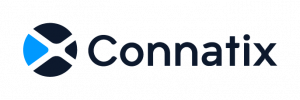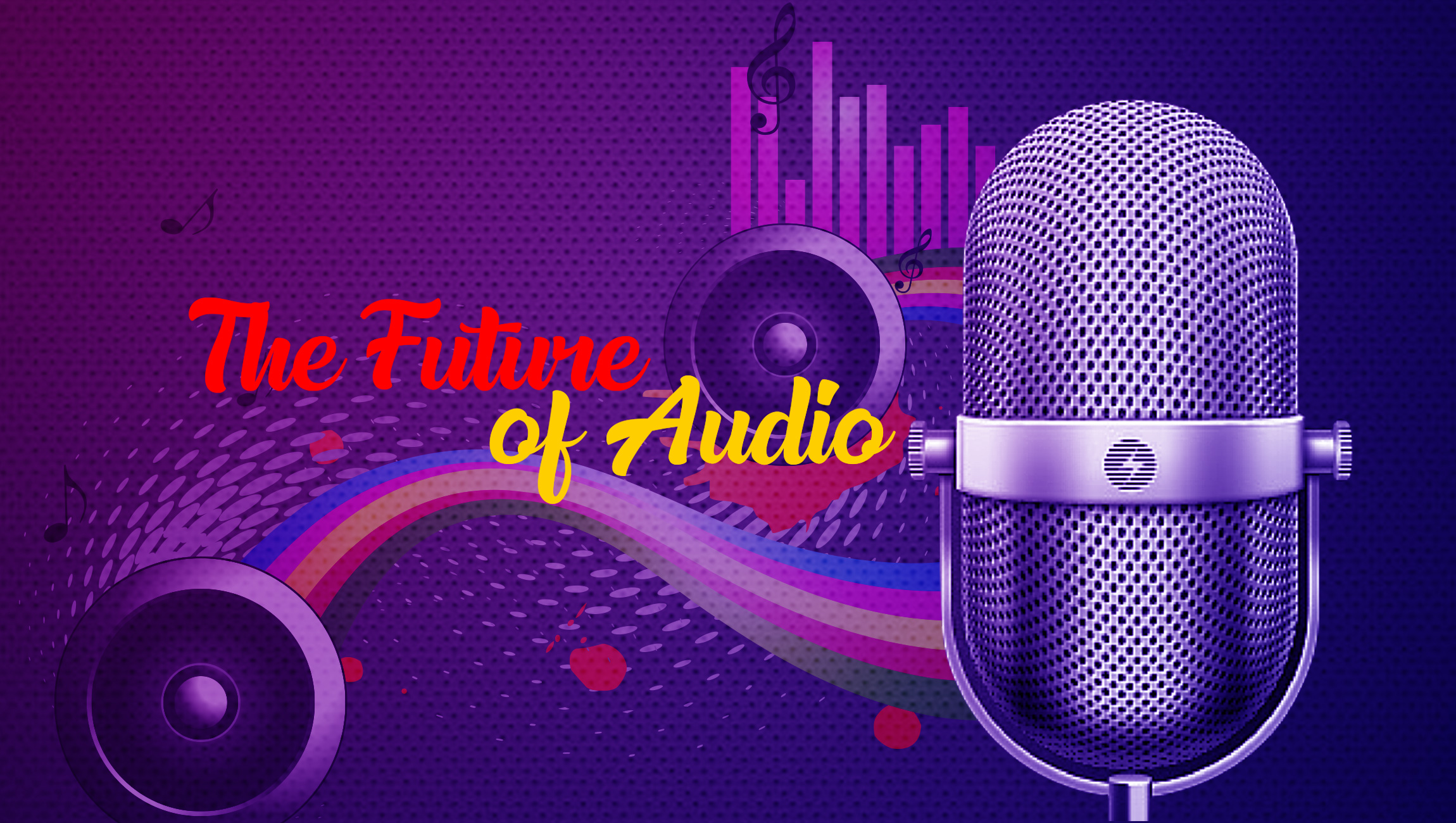Mary Meeker Shows the Promise of Podcasts – If Spotify Doesn’t Take Over.
 Publishers took the medium mainstream, and shouldn’t let a tech platform take all the profit. Mary Meeker’s recent Internet Trends report showed that 70 million Americans listened to at least one podcast per month in 2018 – more than triple the number from a decade before. That should represent a massive opportunity for publishers who produce high-quality podcasts like The Daily and Fresh Air.
Publishers took the medium mainstream, and shouldn’t let a tech platform take all the profit. Mary Meeker’s recent Internet Trends report showed that 70 million Americans listened to at least one podcast per month in 2018 – more than triple the number from a decade before. That should represent a massive opportunity for publishers who produce high-quality podcasts like The Daily and Fresh Air.
Podcasts are anything but new. They’ve existed in various formats for at least 10 years, with any individual who could get a microphone able to upload and even monetize their content. But the breakthrough podcast – Serial – came from a publisher, specifically NPR. Total downloads of the true-crime series since then have hit an estimated 250 million. Publishers like Vox Media and The New York Times have since eagerly pushed out new podcasts, relishing both an in-depth format and attractive rates for native ads.
But the industry faces an existential threat in the form of Spotify. The audio platform made waves earlier this year by scooping up Gimlet Media and Parcast as part of a $500 million podcast-related acquisition spree. It was clear that the platform was serious about making money from podcasts and producing some exclusive content that would differentiate it from competitors like Apple Music and Amazon Music.
Publishers need to wake up to the threat that Spotify poses to the podcasting ecosystem. If their content is mediated through a subscription service, they will find themselves subjugated to factors beyond their control and one of the most promising sectors of publishing will wither.
Read more: The Evolution of Audio Advertising and What’s Next in 2020
The new angle on audio
Audio, of course, is nothing new. Radio has been around for almost a century. Yet, podcasts and audiobooks are booming: Earlier this year, Apple reported its podcasts topped 50 billion all-time downloads and streams and digital audiobook revenues continue to rise.
So, what’s driving audio’s new wave? When first introducing Serial to the public, radio personality Ira Glass captured it well, explaining “we want to give you the same experience you get from a great HBO or Netflix series – but with a true story and no pictures. Like House of Cards, but you can enjoy it while you’re driving.” Even a few years back, Glass was tuned in to the on-demand lifestyle we have grown accustomed to.
Think about it: Consumers can now get Amazon shipments within hours. They can hail Uber cars within minutes. Netflix movies can be watched within seconds. We all want what we want, quickly and seamlessly. Now, audio content is going in that direction, too: You can consume audio content when you’re on-the-go or multi-tasking. You can listen to a podcast on your commute, or while doing the laundry. Immersive storytelling can be done without the aid of pictures, videos, or text.
The potential for this to reshape publishing goes beyond podcasting. The audio tools that are now available offer the chance to transform existing written content into audio versions on demand. It’s conceivable that quality publications could essentially hop from the screen into headphones, vastly extending their reach.
Why Spotify cannot care about podcasters
Spotify represents the antithesis of this philosophy. Where podcasts offer immersive, one-on-one experiences, Spotify will disintermediate. The current analytics around the medium are meager, but once they start flowing through Spotify, the Swedish audio giant will become omniscient. The company would be crazy not to use this to advantage its own podcasts, just as Amazon uses its insights into third-party sellers to push its own products.
At the minute, Spotify dangles many incentives for podcast producers. The most prominent of these is distribution: its 200m+ user base is uniquely large. There is also the potential for Spotify to improve monetization by programmatically inserting ads into podcasts.
But we have been down this road before – with Facebook. The Silicon Valley giant courted publishers while it was interested in exactly the same promises. Since then, Facebook’s interest in news has cycled in and out, leaving publishers who bought into the vision with their strategy essentially outsourced. This time won’t be different: Spotify is an audio platform with its own priorities, and those priorities cannot always align with podcasters.
The publisher alternative
What then, is the alternative? The answer is simple for publishers to assert the control they have over the space. It could start with a credible threat to remove their content from Spotify if they aren’t guaranteed a minimum level of analytics and control of their own content, as well as guarantees about the company’s long-term commitment.
Beyond that, the publishers should work to address the industry’s challenges, as NPR did when it released an open-source analytics platform. Similar moves to address challenges such as monetization and discoverability are well within the capabilities of tech-savvy publishers like The Washington Post. And this would be an investment in their business: there is still a vast untapped audience for the medium. The more people are regularly consuming podcasts, the more publishers can monetize.
These publications could even consider creating their own podcasting platform. They have long complained about the lack of editorial thinking on platforms, whether it be YouTube, Facebook or Apple News+. Now could be the time to put their money where their future is, and create an alternative that embraces an editorial ethos, rather than a business model based purely on clicks and commoditization. The future of audio as we know it may depend on it.
Read more: How to Create Viral Content That Generation Z Will Love











